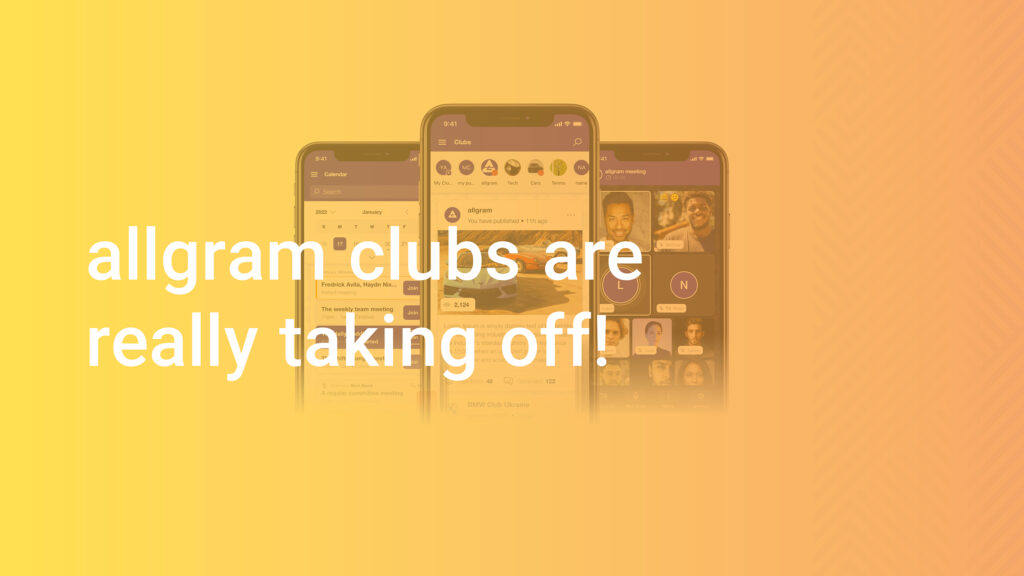One noteworthy side effect of the pandemic is that most of the world was introduced to some form of online education or work. While people experienced widely varying degrees of quality – from hastily prepared, make-shift Zoom classes to highly sophisticated, world-class online courses – the consensus is that online education is now on par with or better than classroom-based education and the numbers below back that up.
The pandemic-inspired social distancing measures undoubtedly accelerated the growth of digital learning, but recent technological advances and increasing connectivity had already made digital education more widespread. Between 2007 and 2019 the percentage of people who took an online course grew from 4% to 17%. The share of people using online learning material outside of a main course was even higher, with 21% having participated in this type of learning. Perhaps unsurprisingly, general use of online learning outside of a main course was most common among 16 to 24-year-olds, with 25 to 34 year olds the most likely age group to have used an online course.
This trend is underlined by a New America survey showing that most Americans (55%) now say that the quality of online education is the same or better than in-person education. These numbers are up markedly over the past year; from 2021 to 2022 the percent saying “better than” more than doubled from 3% to 8% and the percent saying “same as” rose from 34% to 47%. This is a significant increase in the favorability ratings of online education and may represent a real tipping point, conceivably even posing an existential threat for many in-person educational programs and residential-based colleges particularly when you factor in the cost and energy saving advantages of online learning. After all, why pay to heat a huge lecture theater when you can stay at home, hear the speaker better and your course will be that bit cheaper?
So just as hybrid and remote work is here to stay, so is online education, something that has enormous implications for every educational institution, educator, and employer. Now, as with every other aspect of our digital world, the importance of online security has increased significantly.
Some of us may remember in the distant past looking over a neighbor’s elbow in the classroom to see what answers they had in the class quiz. Then the teacher would move the desks further apart so that looking at the next door’s workings became impossible!
Fast forward thirty years and we face new challenges, one that represents a far more serious breach of data. Hacking of academic courses, examinations, and answers as well as unwanted intrusion into learning programs represent a very real problem, but one where allgram is the solution.
Only allgram offers users encrypted peer-to-peer communications using blockchain technology. This means classes can be private pupil/teacher conversations conducted with total confidence that only those invited can see and hear what is shared. Moreover, because allgram is triple-encrypted it’s the ideal place, the safest place in the digital universe to share examination papers, completed Masters and Doctorate papers, groundbreaking research reports in complete confidence. allgram’s decentralized architecture also means that no work is stored on central servers, adding yet another consequential level of protection to one’s private work.
Further, the quality of allgram video calls is absolutely second to none. Imagery and sound are both delivered with unsurpassed clarity, making allgram the perfect platform for online seminars and workshops. Make the smart choice. Switch to allgram, and the benefits will be crystal clear.
Give allgram a try for free and download the app on your iPhone or Android device. Your data is yours!





